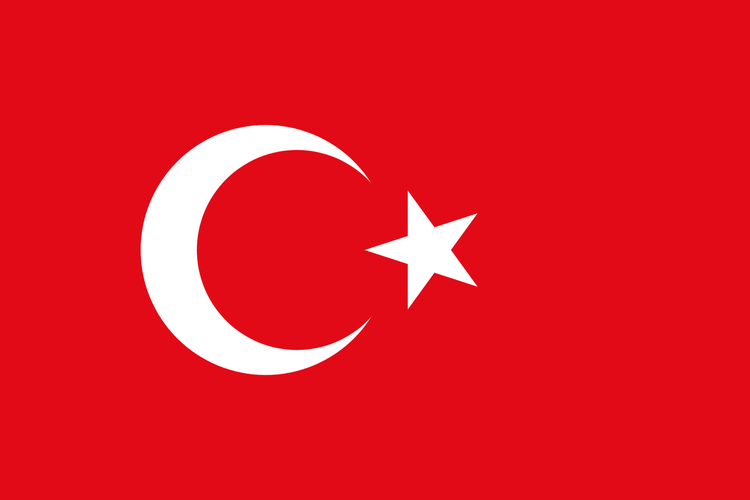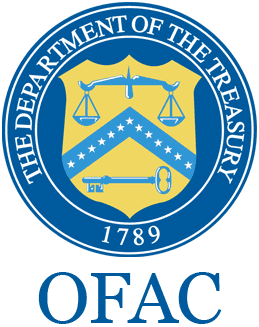The Office of Foreign Assets Control (OFAC) enforces U.S. economic and trade sanctions designed to advance foreign policy and national security objectives. Middle Eastern countries, particularly Saudi Arabia, Turkey, and Iran, are subject to varying levels of sanctions due to political, military, and human rights-related concerns. These sanctions significantly affect international trade, diplomatic relations, and compliance obligations for global businesses.
Why Does OFAC Impose Sanctions on Middle Eastern Countries?
Sanctions are typically imposed to address behaviors considered threats to U.S. interests, such as support for terrorism, proliferation of weapons, corruption, and human rights violations. OFAC uses sanctions to restrict access to U.S. financial systems, limit trade in sensitive goods, and isolate individuals or entities deemed hostile or dangerous.
Countries in the Middle East are often sanctioned for their regional policies, internal governance practices, or military actions. The resulting measures are reflected in detailed OFAC programs and listings such as the Turkey sanctions list, which restricts dealings with Turkish individuals and companies involved in specific activities.
OFAC Sanctions Against Saudi Arabia: Impact on International Relations
While the U.S. maintains a strategic alliance with Saudi Arabia, OFAC has targeted specific individuals and entities in the kingdom. The Saudi Arabia sanctions have focused on those linked to human rights violations, particularly after the killing of journalist Jamal Khashoggi.
These measures include asset freezes and visa restrictions, which strain bilateral relations and raise concerns among multinational corporations operating in or with Saudi nationals. Although not as broad as sanctions on Iran, the Saudi measures underscore OFAC’s willingness to take action even against close allies when core U.S. values are challenged.
OFAC Sanctions Against Turkey: Reasons for Imposition
The Turkey sanctions list highlights growing tensions between Washington and Ankara. Sanctions have been imposed in response to Turkey's military operations in Syria, its acquisition of Russian defense systems, and actions seen as undermining democratic norms.
Targeted entities include defense contractors, senior government officials, and financial institutions. These measures complicate NATO relations and create risks for investors and international partners conducting business in or with Turkish firms.

OFAC Sanctions Against Iran: Which Companies and Countries Are Affected?
OFAC sanctions on Iran are among the most comprehensive in the world. They target entire sectors—banking, energy, shipping, and construction—effectively cutting off Iranian companies from much of the global economy. U.S. entities and many foreign firms avoid any transactions with Iran to prevent secondary sanctions.
Even humanitarian trade is tightly regulated, though exceptions exist under certain general licenses. Businesses seeking to engage with Iran should consult an OFAC lawyer Iran to navigate complex licensing procedures and ensure full compliance.
How Do Sanctions Affect International Transactions and Business?
Sanctions limit access to U.S. markets, freeze assets, restrict currency transfers, and create legal uncertainty for financial institutions and global businesses. Companies dealing with Middle Eastern partners must perform rigorous due diligence to ensure they are not inadvertently violating sanctions.
Blocked transactions, rejected payments, and frozen accounts are common outcomes when dealing with sanctioned entities. Additionally, reputational risks and secondary sanctions discourage many firms from operating in high-risk jurisdictions.

Legal Ways to Operate Under Sanctions
Despite restrictions, there are lawful ways to engage in limited trade and humanitarian operations under OFAC rules. These include applying for specific licenses, utilizing general licenses where applicable, and structuring transactions in accordance with U.S. regulations.
Engaging an experienced sanctions attorney is critical. Legal experts can evaluate risks, interpret the scope of existing programs, and assist with license applications or compliance planning. This is especially important for businesses operating in complex regulatory environments like those involving Saudi Arabia sanctions, Turkey sanctions list, or those needing the guidance of an OFAC lawyer Iran.







